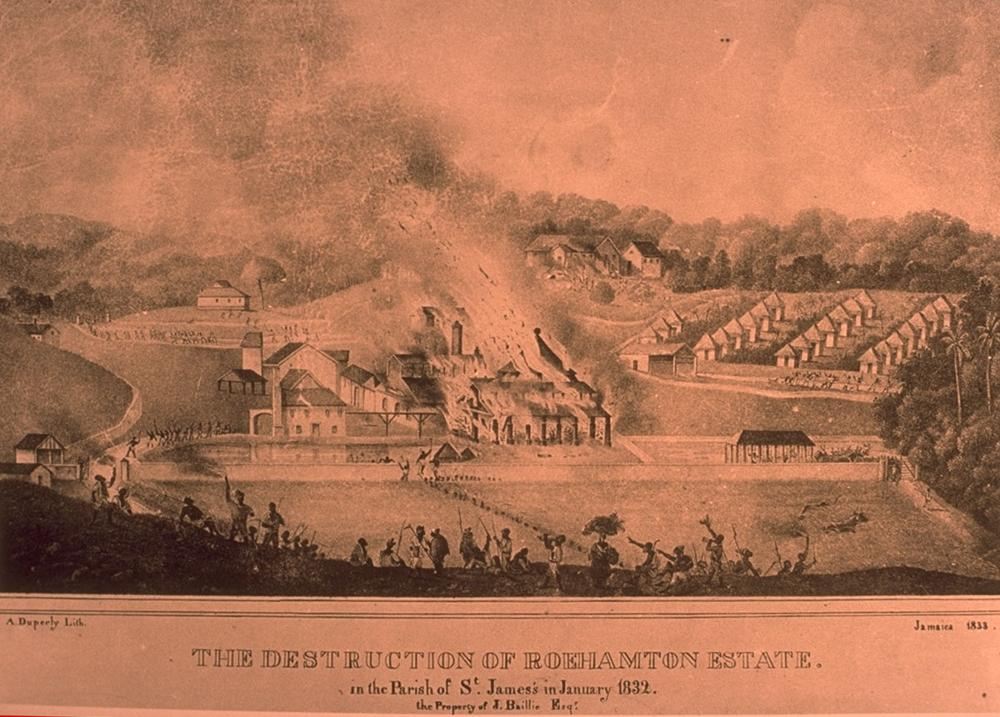
Every liberal who saw Vance as their White Working Class Explainer after the 2016 election has a lot of soul searching to do about how they engage in media, how they think about conservatism, and how they don't talk to actual working class people. Vance is and was a fascist.
https://twitter.com/JDVance1/status/1477653294340263943
"Only this obvious fascist who works for a literal vampire can explain the white working class to me, because going outside and talking to them is unpossible"--a million liberals who thought Hillbilly Elegy was a good book.
And let's be crystal clear--the audience for Hillbilly Elegy was absolutely liberals.
The best part about Hillbilly Elegy to me is that I was spending tons of time in the tiny town of Clarion, Pennsylvania at the time--a 75% Trump county--and all the professors there were reading the book and seeing insights in it instead of talking to their students or neighbors.
I'm not saying that having a conversation with the organic farm stand guy with the Confederate flag just outside of town would have led to anything useful. I am saying that fucking JD Vance had nothing useful to offer liberals.
• • •
Missing some Tweet in this thread? You can try to
force a refresh









